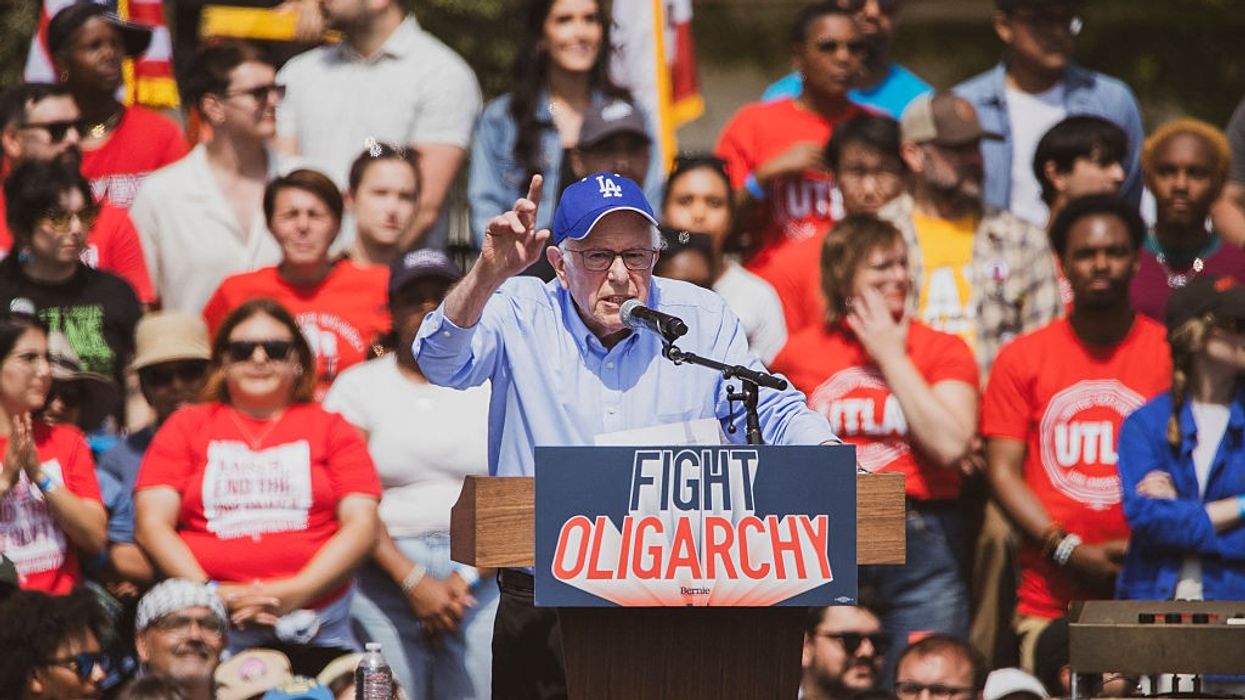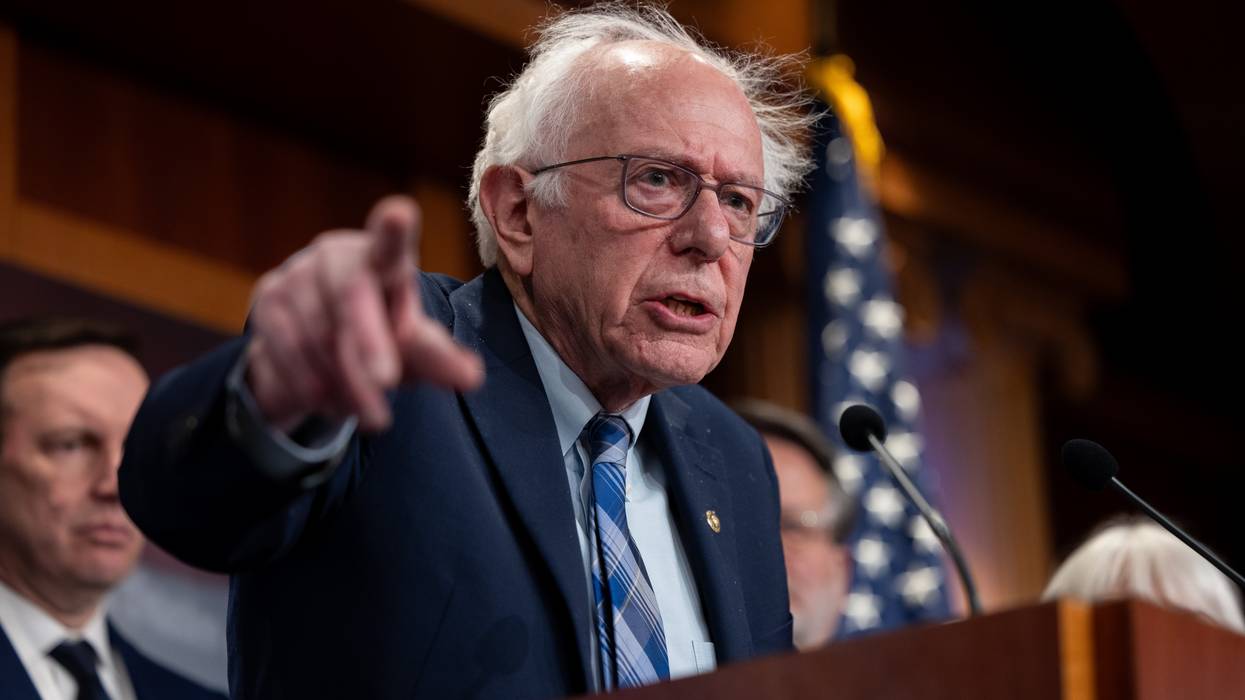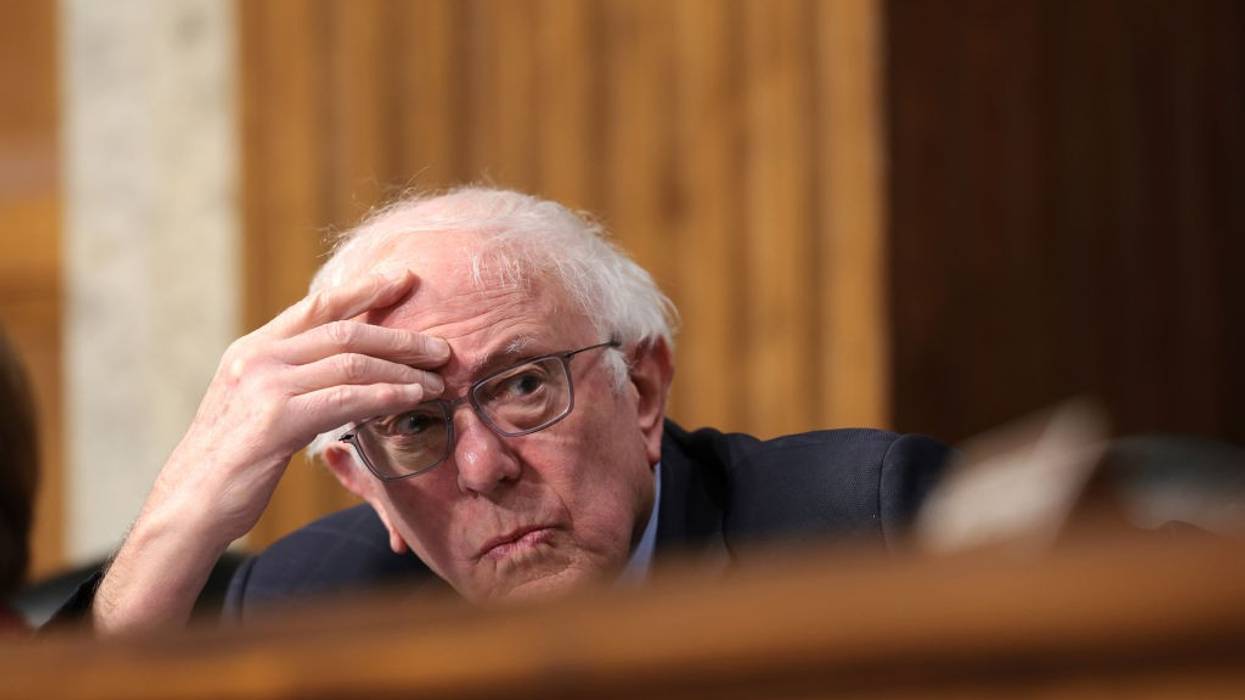The legislation would also make public community colleges and trade schools tuition-free for all students, and provide grants to Historically Black Colleges and Universities, Tribal Colleges and Universities, and other institutions to eliminate tuition and fees for eligible students.
Sanders (I-Vt.) and Rep. Pramila Jayapal (D-Wash.), who will introduce identical companion legislation in the House, presented the bill as a direct counter to Trump and congressional Republicans, whose emerging reconciliation package and proposed federal budget for the coming fiscal year would enact deep cuts to federal higher education funding—while delivering huge tax breaks to the richest Americans.
"Instead of increasing the cost of college in order to give more tax breaks to billionaires, we have a better idea," said Sanders. "We are going to make public colleges and universities tuition-free so that working-class students can succeed and are not burdened with a lifetime of debt."
Jayapal, a senior House Democratic whip and chair emerita of the Congressional Progressive Caucus, said that "Congress can and must ensure that working families never have to take out crushing loans to pursue an education."
"The College for All Act will free students from a lifetime of debt, invest in working people, and transform higher education across America by making a degree more accessible to poor and working families across this country," she added. "This is more important now than ever as Trump continues to attack education in this country through attempts to strip funding from universities and to dismantle the Department of Education."
"Young people should not have to go deeply into debt to get the education they and our nation need. We must make public colleges and universities tuition-free."
The legislation stands no chance of passing the Republican-controlled Congress, but it represents an alternative vision for higher education that has proven extremely popular with the American public. A 2021 Pew Research Center survey found that 63% of U.S. adults support making public colleges and universities tuition-free.
More recent polling has shown similar support, with Democratic voters overwhelmingly backing the proposal as higher education costs rise and students graduate saddled with massive student loan debt.
Sanders plans to introduce the legislation Wednesday morning at a Senate Health, Education, Labor, and Pensions (HELP Committee hearing on the state of higher education in the U.S., where public college costs more per student than in any other country except Luxembourg, according to the Education Data Initiative.
"Making public colleges and universities tuition-free is not a radical idea," declares a summary of the College for All Act provided by Sanders' office. "Other wealthy countries like France, Germany, Denmark, Sweden, Norway, and Finland made their public colleges and universities tuition-free or virtually tuition-free several years ago."
"Over 50 years ago, many of our most prestigious public colleges and universities were also tuition-free or virtually tuition-free," the summary notes. "In a competitive global economy, we need the best-educated workforce in the world. Young people should not have to go deeply into debt to get the education they and our nation need. We must make public colleges and universities tuition-free."




